The US has REMOVED Syrian Al Qaeda leader Jolani’s $10 MILLION bounty
The US Removes Syrian Al-Qaeda Leader Jolani’s $10 Million Bounty
In a surprising shift in US foreign policy, the US government has officially removed the $10 million bounty that was placed on the head of Syrian Al-Qaeda leader, Abu Mohammed al-Jolani. This development has raised many eyebrows within the global intelligence community, as Jolani has long been a central figure in Syria’s ongoing conflict and is known for his leadership of Hayat Tahrir al-Sham (HTS), a group that has ties to Al-Qaeda. The removal of the bounty has led to widespread speculation about the implications of this decision, both for US foreign policy in the region and the future of Al-Qaeda’s presence in Syria.
Who is Abu Mohammed al-Jolani?
Abu Mohammed al-Jolani is the leader of Hayat Tahrir al-Sham (HTS), an extremist group that was originally formed as an offshoot of Al-Qaeda. Jolani rose to prominence during the Syrian Civil War, where he initially pledged allegiance to Al-Qaeda’s central leadership and led the Al-Nusra Front, which fought against both the Syrian government and other opposition factions. Over time, however, Jolani distanced himself from Al-Qaeda’s leadership, making moves to rebrand his group in an attempt to gain local support in Syria.
HTS, under Jolani’s leadership, has managed to gain significant territory in northwest Syria, particularly in the Idlib province, which remains a major flashpoint in the Syrian conflict. Despite this rebranding, HTS still holds extremist views and is considered a terrorist organization by the United States and other Western nations. Jolani has been directly linked to attacks on civilians, as well as ongoing efforts to destabilize the region, further prolonging the humanitarian crisis in Syria.
The $10 million bounty was part of the US State Department’s Rewards for Justice Program, which aims to incentivize information leading to the capture or killing of individuals involved in terrorism or associated with terrorist groups. The decision to remove the bounty has generated considerable debate, especially given Jolani’s significant role in one of the most volatile regions in the world.
The Removal of the Bounty: A Shift in US Policy?
The decision to lift the bounty on Jolani’s head is a significant departure from the US government’s previous stance on the leader of HTS. For years, the US government has classified Jolani as a high-value target due to his leadership of a group that has contributed to the ongoing conflict in Syria and been responsible for numerous violent acts. His removal from the US bounty list has prompted questions about the potential motivations behind this move.
One possible reason for this shift is the changing dynamics of the Syrian conflict. The US has increasingly focused on the threat posed by ISIS, and with the territorial defeat of the terrorist group, some analysts believe that Washington has reassessed its priorities in the region. The US has also been shifting its attention to other geopolitical concerns, such as Iran’s influence in the region and the growing rivalry with Russia, which may have led to a reduction in focus on groups like HTS, especially as they no longer present an immediate global terrorist threat.
Additionally, it’s worth considering the evolving stance of regional actors toward HTS and its leadership. Despite being initially aligned with Al-Qaeda, HTS has tried to distance itself from global jihadist ambitions in an effort to gain local legitimacy. In recent years, some reports have suggested that HTS has engaged in pragmatic relations with Turkey, a NATO ally, and has made efforts to present itself as a more localized, Syrian-focused group rather than an international terrorist organization. This rebranding may have led to a reassessment by the US and other Western nations, potentially influencing the decision to remove the bounty.
What Does This Mean for Al-Qaeda and Syria?
The removal of the bounty on Jolani has sparked concern among many who fear that it could embolden Al-Qaeda-linked groups operating in the region. For years, the US and its allies have sought to limit the influence of Al-Qaeda in Syria, supporting opposition groups that align with Western interests while simultaneously combating the jihadist organization. By removing the bounty, some experts argue that the US may be sending a mixed message about its commitment to fighting Al-Qaeda and other extremist groups in the region.
The decision could also have implications for the broader balance of power in Syria. HTS has proven to be a resilient force, holding onto key territory in Idlib despite efforts by both the Syrian government and rival opposition groups to dislodge them. The removal of the bounty could be seen as a sign that HTS is being allowed to solidify its position in the region, especially as the US continues to reduce its direct military involvement in Syria.
Furthermore, HTS’s growing local influence raises concerns about its ability to forge alliances with other groups in the region, including factions that may not align with Western interests. Although HTS has distanced itself from Al-Qaeda’s global ambitions, its extremist ideology and violent tactics remain a cause for concern. The group’s ability to navigate regional politics and its relationships with Turkey and other local actors could enable it to further consolidate power, making it a key player in Syria’s future.
Implications for US and Regional Strategy
The removal of the bounty on Jolani may be part of a broader shift in US strategy in the Middle East. While the US continues to prioritize counterterrorism operations against groups like ISIS, it has also been adjusting its approach to the Syrian conflict. The US has recently focused on diplomatic efforts to limit Iran’s influence in the region and to counter Russian involvement in Syria. In this context, the removal of the bounty could signal a de-escalation of efforts against groups like HTS, especially as the US pivots toward addressing the larger geopolitical concerns posed by Russia and Iran.
However, the move is not without its risks. By removing the bounty, the US could be seen as signaling a shift away from its counterterrorism priorities, potentially emboldening groups like HTS and giving them room to expand their influence. Moreover, it raises questions about the US’s long-term strategy in Syria. Will the US continue to support local Kurdish and Arab forces in Syria, or will it reduce its footprint in the country altogether? The future of US involvement in Syria remains uncertain, and the decision regarding Jolani’s bounty only adds to the ambiguity.
The Global Impact
Globally, the removal of the bounty could have implications beyond Syria’s borders. Jolani’s leadership of HTS has made him a key figure in the broader network of jihadist organizations, and his removal from the US bounty list could signal a change in how the US and its allies view these groups. Countries in the Middle East, including Turkey, which has at times collaborated with HTS to counter Kurdish forces in the region, may interpret this move as an indication that the US is willing to recalibrate its priorities when it comes to groups like HTS.
Additionally, the move could affect how other terrorist organizations, particularly Al-Qaeda affiliates, perceive the US’s commitment to targeting high-profile leaders. If the US is seen as less committed to combating groups like HTS, it could encourage other factions to strengthen their networks and increase their activities in the region.
Conclusion: A Pivotal Moment in US-Syria Relations
The removal of the $10 million bounty on Abu Mohammed al-Jolani is a significant and unexpected development in the ongoing conflict in Syria. While the reasons behind the decision remain unclear, it highlights the shifting priorities of US foreign policy in the Middle East and raises important questions about the future of counterterrorism efforts in the region. As the situation in Syria continues to evolve, the international community will be closely monitoring the consequences of this decision and its impact on the broader geopolitical landscape.
The future of Syria, and the role of groups like HTS, remains uncertain. What is clear, however, is that the removal of the bounty marks a pivotal moment in the US’s approach to the Syrian conflict—one that could have long-lasting implications for both regional stability and global security.
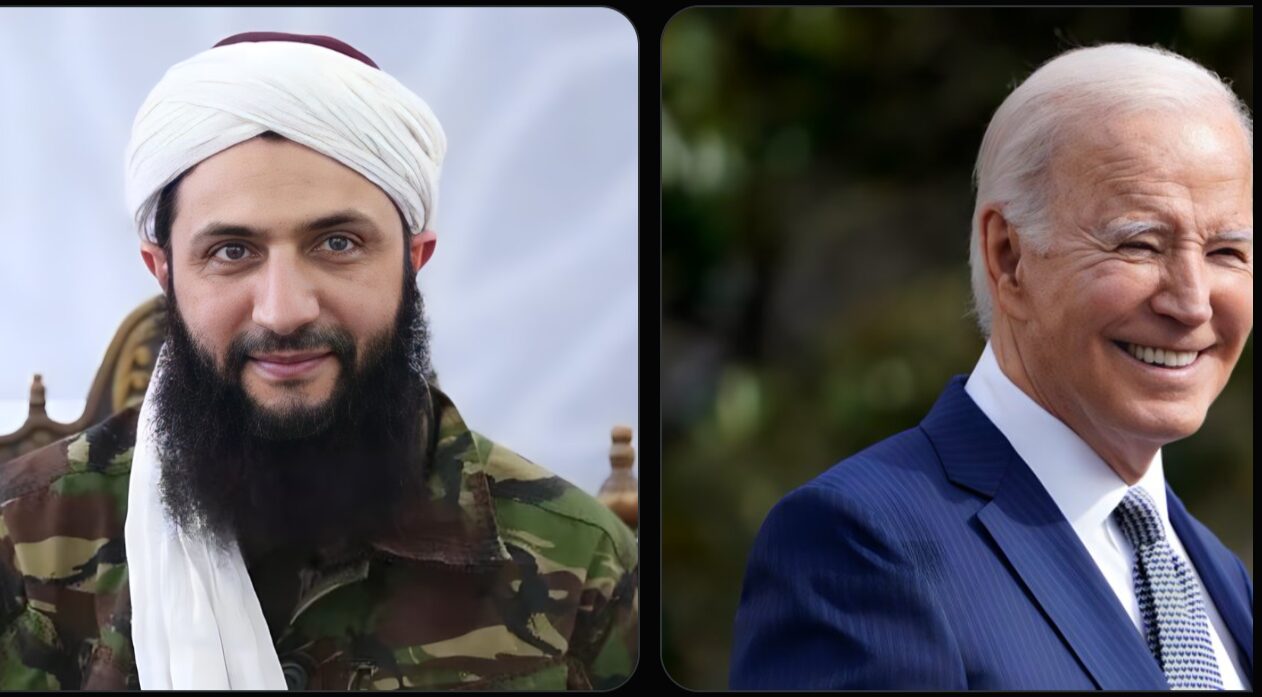
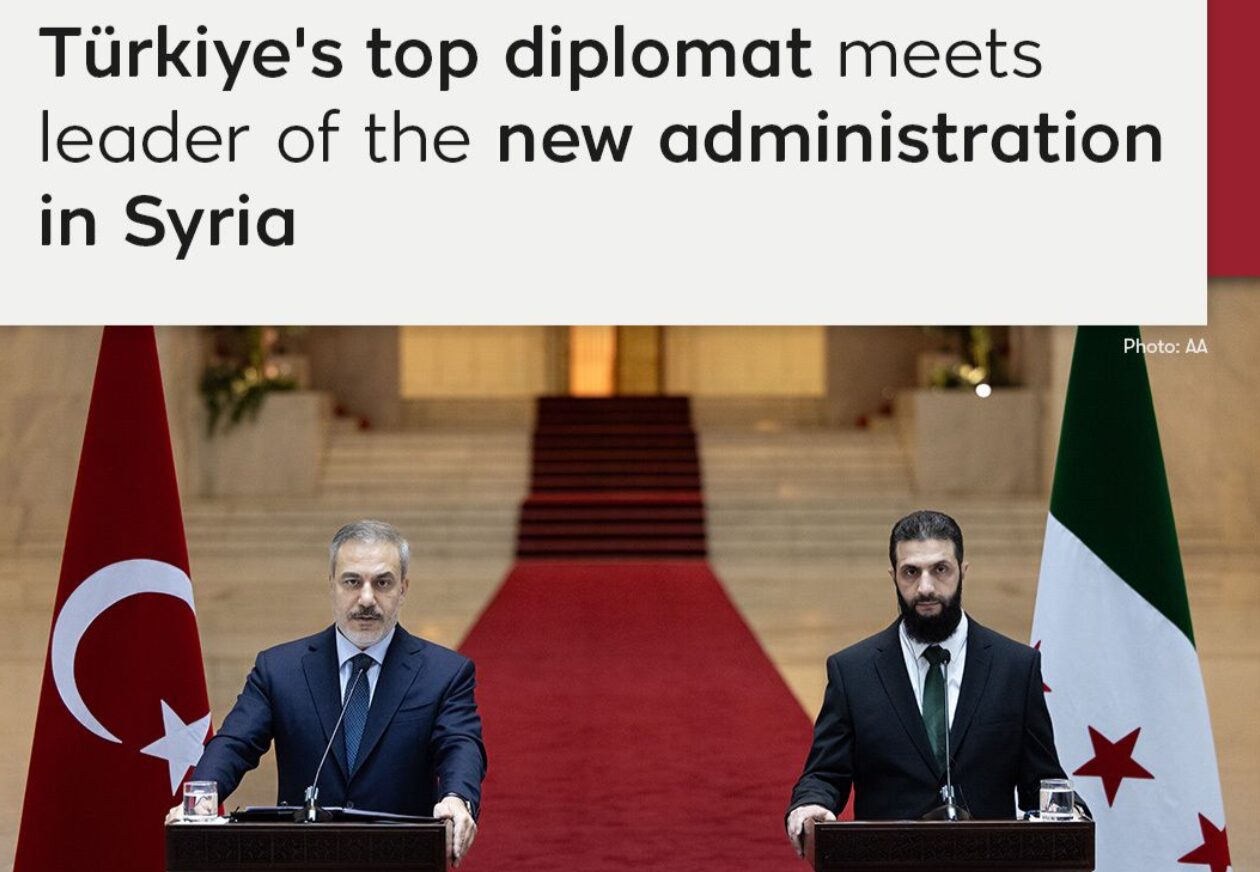
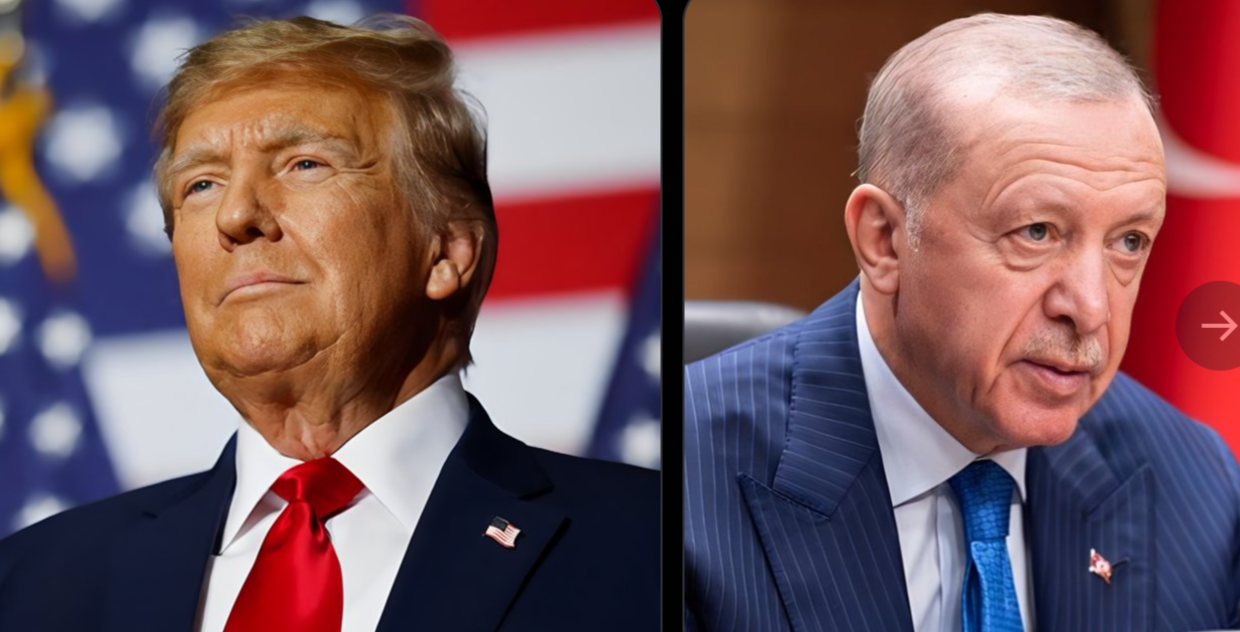
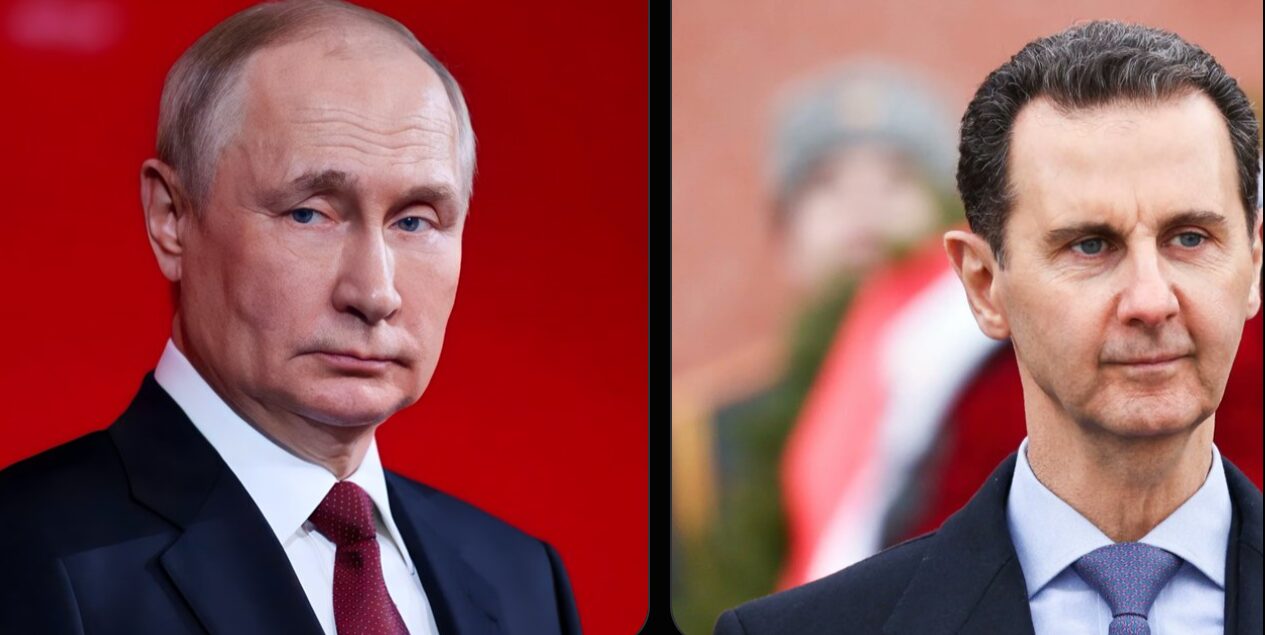
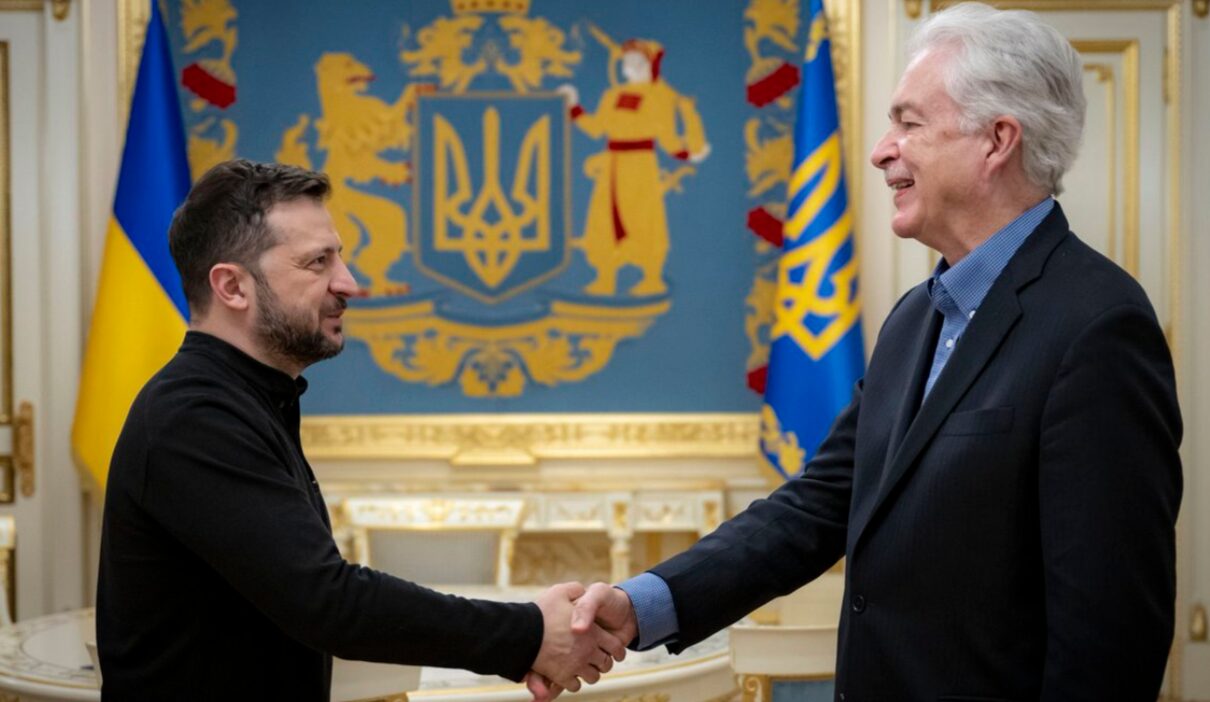
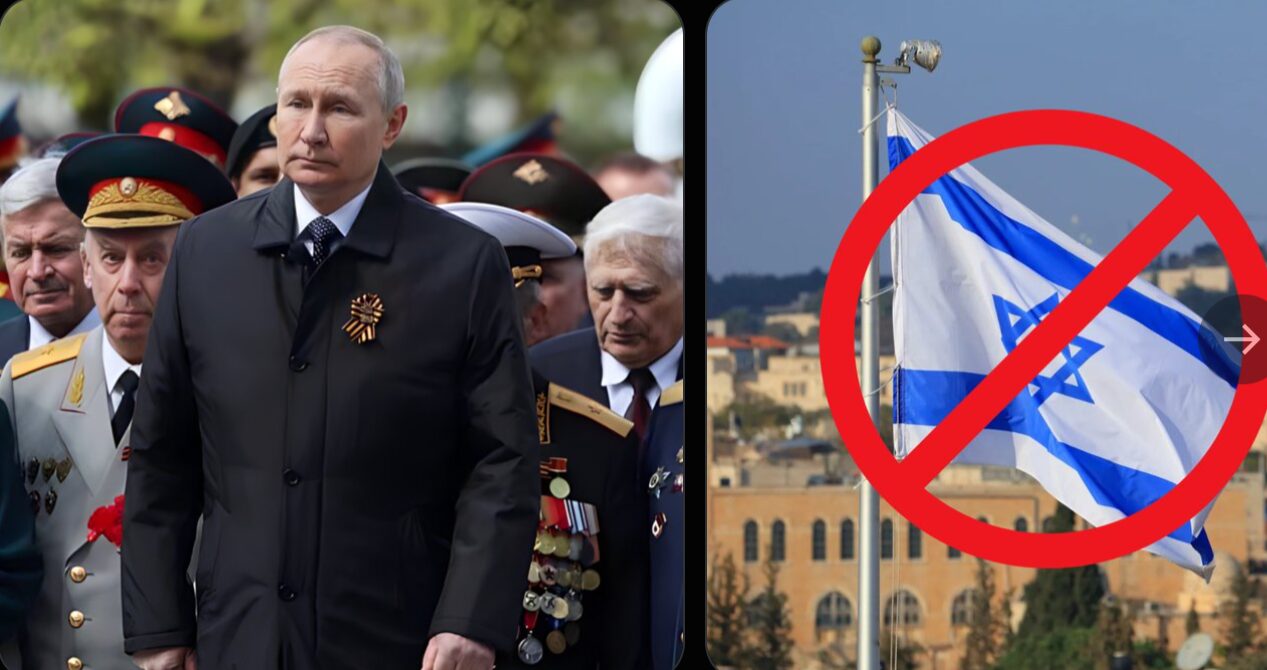
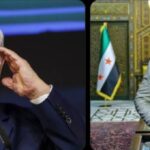
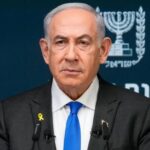









Post Comment